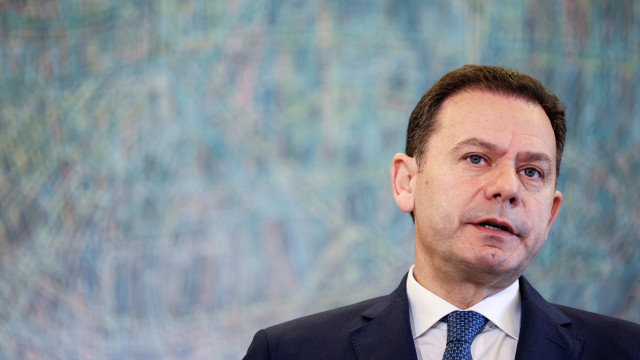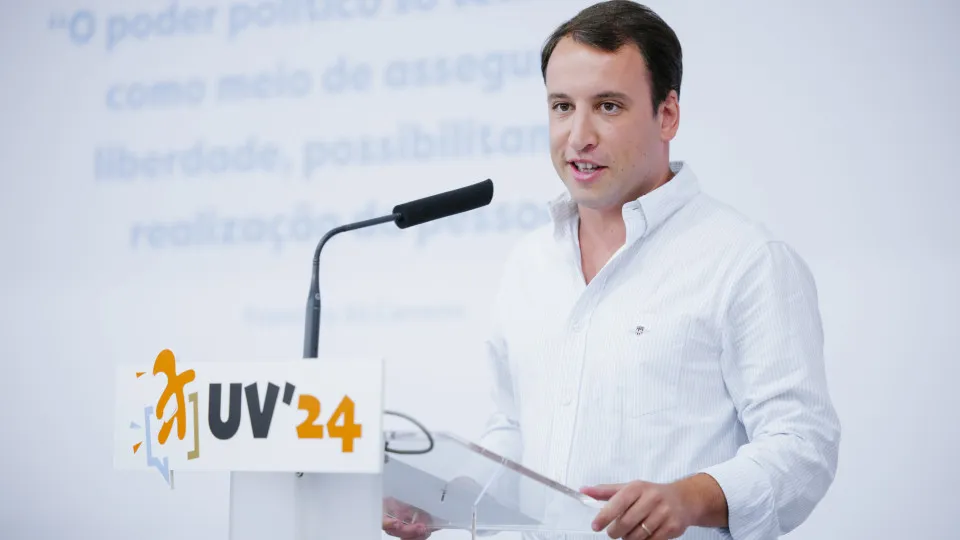
REDI (Network for LGBTI+ Diversity and Inclusion) Portugal was established in May, initiated by several companies that were part of REDI Spain and operate in the Iberian market, who felt the need for a similar structure to support their organizations in Portugal.
The president of REDI Portugal explained that the association is independent from its Spanish counterpart but draws on the experience of the existing business network in the neighboring country, positioning itself as a Portuguese association for Portuguese companies in the Portuguese market.
“In Portugal, there was no organization working on this issue in a way specifically directed at companies. There are some associations addressing LGBTI diversity, but not using business language, in a business context, and that makes a difference,” stated João Mattamouros Resende.
According to the leader, REDI Portugal aims not only to equip companies with resources to handle LGBTI+ diversity internally but also to help these companies better address their clients, as they all serve end consumers, who reflect societal structure and include LGBTI+ customers.
He emphasized that individuals within or supportive of the LGBTI community are vigilant about corporate actions, and if a company does not incorporate this diversity internally or externally, it clearly conveys that its corporate values do not genuinely embrace diversity.
“Consumers, clients will penalize these companies,” he warned, advocating for the timely establishment of such an association and for companies to demonstrate their commitment to these values.
João Resende further mentioned that the association conducts targeted training at various levels, including boards of directors and middle management teams, HR departments, and communication teams.
“We help prepare these teams with arguments and data so they can address this topic within their organization to benefit the company, society, clients, and everyone,” he asserted.
The lawyer noted that estimates suggest at least 10% of the population is part of the LGBTI community. However, “anyone can easily conclude that they do not know 10% of people in a particular company who belong to the collective.”
“This indicates that individuals do not live their sexual orientation or identity freely and spontaneously, which results in people spending energy hiding their personal life, making them less dedicated, productive, efficient, engaged, and integrated with the company,” he remarked.
Therefore, he opined that “helping companies create an inclusive and diverse environment that allows people to live their lives and their lifestyle naturally is beneficial for the companies.”
João Resende revealed that REDI Portugal started with 24 companies at its foundation and, within a month, grew to about 30 from various sizes and sectors, including services, retail, law firms, and architectural offices, and that any company can contact the association to join.
He mentioned that REDI Spain began with a dozen companies and now has over 300. “Every week, new companies express interest in joining the project,” hinting that similar growth could happen in Portugal.
The president of REDI Portugal also emphasized that while the focus is on LGBTI+ diversity, it does not mean other diversities are unimportant, pointing out that “experience and data show that companies working on diversity, regardless of type, improve all kinds of diversities.”




